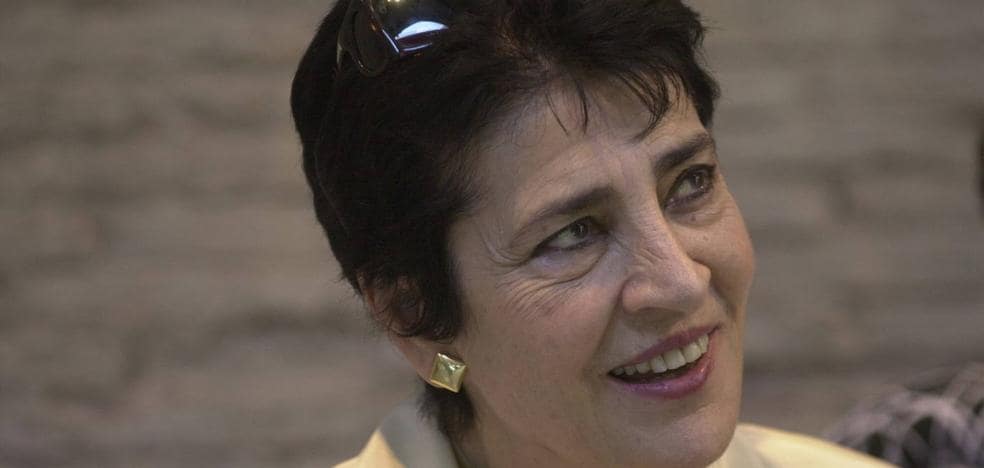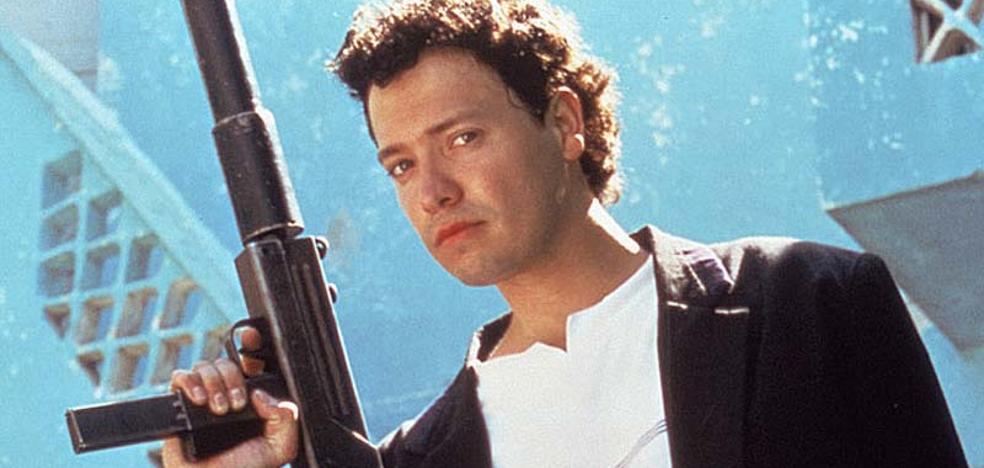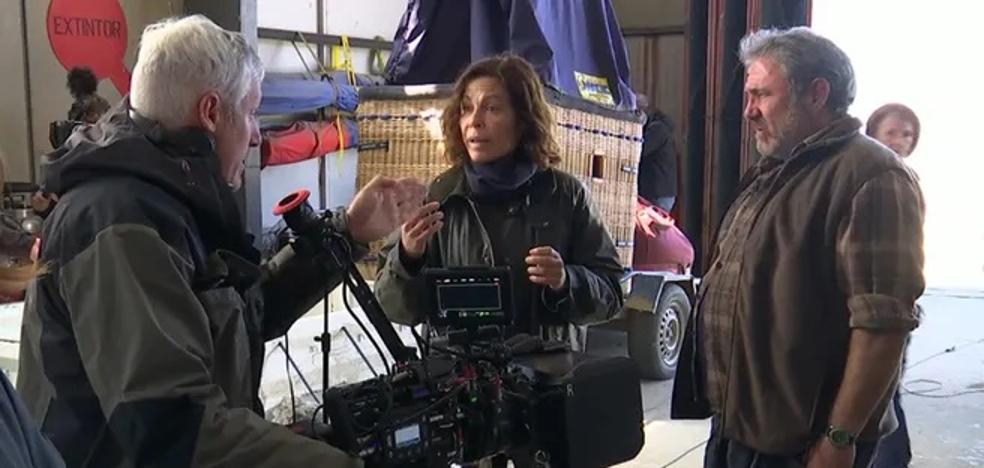With the creative restlessness for flag and involved in various projects, Leiva returns to the road with his fifth album, ‘When you bite your lip’
Leiva discovers the pitfalls of a garden. Because in his few free moments, a facet of gardening has emerged that he takes great pleasure in. “Rock and Orchard!” he says. In his mountain home, he pauses between concerts to present his fifth album, “When You Bite Your Lips,” a compendium of collaborations that are a song—forgive the obvious—to friendship and the things they do. for fun.
-Time, fears and the consequences of relationships, for better or for worse. Are those the three predominant themes on the album?
-Yes. It’s an album that was written in some very strange years. I wrote it and recorded it in the midst of a pandemic and living in Latin America.
-A unique tour.
-I spent the confinement at home in Spain and then I returned to Mexico City for another four months. I wrote a lot there, recorded the album, and I went to the desert, to a Texas town called Screw. The distance, the time, the sense of uprooting and vulnerability on all levels, is clearly on the record. Also brotherhood and friendship and can share a record with so many friends.
-As a result, less is applied to each track; more detailed, but simpler in terms of layers. Is that also the fruit of time?
I’ve always been looking for that. In the end, it’s the songs that define the paths. You can have a sound for a record on paper, but the songs allow it or not. I’ve been trying to achieve this for years, but for the first time they’ve allowed me to tell things with as few elements as possible. Production is key on this album; the Spanish gaze of Carlos Raya and that of Adanowsky. We were in a ‘mood’, a very similar state of mind; trying to get things out of a guitar and a voice and every element that came in had to play a very important part or else take it away. We wanted beauty to be present in the few elements. I feel there is beauty in it and we have achieved it.
And all of a sudden you pick up the phone and call 14 people, 14 friends to sing along with you.
– It was something very organic. I realized I was going to leave Mexico or Argentina and what I heard on the plane was them. Silvana, Daniela Spalla, Zoe Gotusso… There was something there that moved me. One day I thought; what I want is to make music with them, for an almost selfish reason. Get infected by it. I needed it. It was very acrobatic because I didn’t want to do it remotely and I could.
-You used the verb “desire”. If you go into the studio to do what you really want, is it because you can afford certain licenses?
-I must say that I have always made the music I wanted. I never paid toll due to outside pressure. In this case, I allowed myself the luxury of making the album that moved me and entertained me the most. And that word is important. I’ve always worked as a somewhat agony process, of a certain vulnerability. I’ve had a lot of records, I don’t know if I’ve recorded 15 or 20, and I’ve managed to have fun. Let it be something free where we tried many things and I learned a lot.
-The vital and healthy journey to Latin America, is it a natural process for those who start rock in Spanish?
-I think so. With Sloth, we did really bad by not going out. We were two neighborhood kids who had a hard time making a living from music. When things started to go well for us in our country, it was time to pack our bags and leave. But we wanted to enjoy it and wrongly made the decision to stay. It’s a logical question to build bridges, for friendships we have, for musical references. It’s unnatural not to leave with your music, with your colleagues from across the pond. I feel it as a matter more important than rational.
-Can you imagine that eventually nine people live on stage from your music?
-No, because mine has been a consequence, not an end. I didn’t imagine having four trailers on tour like we are now. I thought about making songs, playing in a club and my long-haired friends would like it. It’s what I wanted. I couldn’t imagine playing in big places because it wasn’t even highly regarded in my area. He had a certain prejudice about transcending. If you start playing in really big places, things get lost along the way, as the responsibility grows it hurts the fun, but it’s a privilege.
-Rock and pop are still considered minor genres compared to other more minority or elite styles?
-Yes. In the end things of worship generate respect ipso facto. When the group you like starts listening to your neighbor, it becomes vulgar to you. It happens with pop and rock. That is treated very well in Spain: that things go wrong with you, that you are a cult figure but cannot live off it, is highly praised in our country. And if you do it right, you will be severely punished. Younger generations are freer, less prejudiced. We come from generations where what isn’t cult is cheap, and it’s a very smart look.
Do you think you have earned the respect of the industry? To care?
– You have to ask the others. I don’t chase respect. When I was younger, I sought the approval of the elders and the guild. Not anymore. The only thing I can brag about is that I have very good friends in the business. And for me that’s enough.
-As a balance of all of the above; How are you?
Well, look, I’m a little inspired and happy, but I don’t think I have serenity. I feel that I am in a beautiful moment, but I long for a little rest.
Source: La Verdad
I’m Wayne Wickman, a professional journalist and author for Today Times Live. My specialty is covering global news and current events, offering readers a unique perspective on the world’s most pressing issues. I’m passionate about storytelling and helping people stay informed on the goings-on of our planet.



